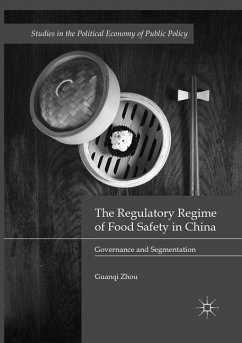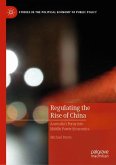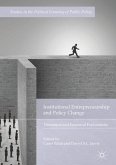This book examines the decade from 2004 to 2013 during which people in China witnessed both a skyrocketing number of food safety crises, and aggregating regulatory initiatives attempting to control these crises. Multiple cycles of "crisis - regulatory efforts" indicated the systemic failure of this food safety regime. The book explains this failure in the "social foundations" for the regulatory governance of food safety. It locates the proximate causes in the regulatory segmentation, which is supported by the differential impacts of the food regulatory regime on various consumer groups. The approach of regulatory segmentation does not only explain the failure of the food safety regime by digging out its social foundation, but is also crucial to the understanding of the regulatory state in China.
"The book brings interesting insights into the regulatory system of food safety in China. It is a useful entry point into the intricate question of food safety in China, a topic of main concern since the contaminated milk powder incident in 2008." (Louis Augustin-Jean, newbooks.asia, July 3, 2020)








